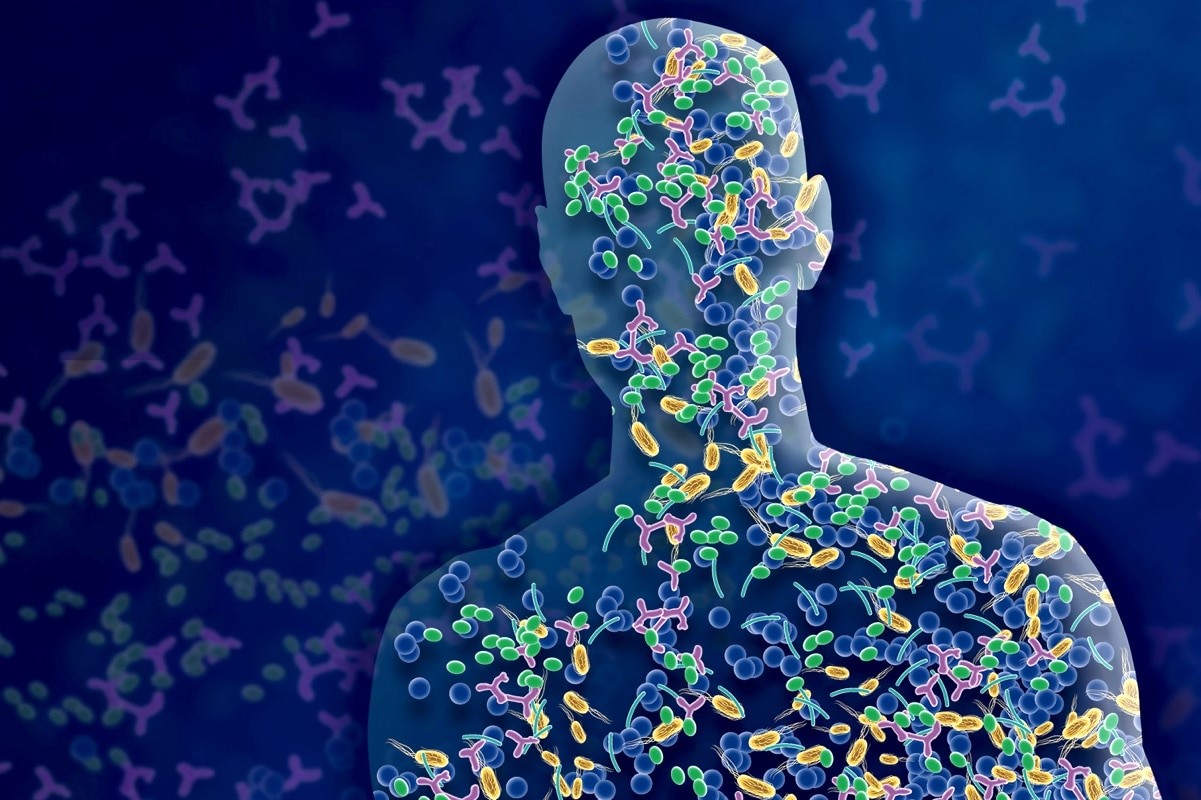In recent years, the term “probiotics” has become a buzzword in the health and wellness industry. With a growing body of research supporting their benefits, probiotics are increasingly recognized for their potential to enhance gut health. This article delves into the latest research findings on the role of probiotics in gut health, shedding light on how these beneficial microorganisms can contribute to overall well-being.
Understanding Probiotics
Probiotics are live microorganisms, predominantly bacteria, that confer health benefits when consumed in adequate amounts. These “good” bacteria are naturally present in the human gut, where they play a crucial role in maintaining a balanced microbiome. The gut microbiome, a complex ecosystem of trillions of microorganisms, is essential for various bodily functions, including digestion, immune response, and even mental health.
The Gut Microbiome and Health
The gut microbiome is a dynamic environment that can be influenced by various factors such as diet, lifestyle, antibiotics, and stress. An imbalance in the gut microbiome, known as dysbiosis, has been linked to numerous health issues, including gastrointestinal disorders, obesity, diabetes, and even mental health conditions like depression and anxiety.
Probiotics, by promoting a healthy balance of gut bacteria, can help prevent or alleviate these conditions. They do so by competing with harmful bacteria for nutrients and adhesion sites, producing substances that inhibit pathogen growth, and modulating the immune system.

New Research Findings on Probiotics and Gut Health
1. Probiotics and Digestive Health
One of the most well-established benefits of probiotics is their positive impact on digestive health. Recent studies have shown that probiotics can help manage and prevent gastrointestinal disorders such as irritable bowel syndrome (IBS), inflammatory bowel disease (IBD), and antibiotic-associated diarrhea.
A 2022 meta-analysis published in the journal Gastroenterology reviewed 35 randomized controlled trials involving over 10,000 participants and found that probiotics significantly reduced the symptoms of IBS, including abdominal pain, bloating, and irregular bowel movements. The study concluded that specific strains of probiotics, such as Bifidobacterium infantis and Lactobacillus plantarum, were particularly effective in alleviating IBS symptoms.
2. Probiotics and Immune Function
The gut microbiome plays a pivotal role in the immune system, with about 70% of the immune cells residing in the gut. Probiotics can enhance immune function by modulating the gut-associated lymphoid tissue (GALT), which is responsible for generating immune responses to pathogens.
A 2021 study published in Frontiers in Immunology investigated the effects of Lactobacillus rhamnosus on immune function in healthy adults. The researchers found that participants who consumed the probiotic for 12 weeks had increased levels of immunoglobulin A (IgA), a critical antibody in mucosal immunity, and a more balanced production of pro-inflammatory and anti-inflammatory cytokines. These findings suggest that probiotics can enhance the body’s ability to fight infections and reduce inflammation.
3. Probiotics and Mental Health
The gut-brain axis, a bidirectional communication network between the gut and the brain, has garnered significant attention in recent years. Emerging research indicates that probiotics may positively influence mental health by modulating the gut microbiome and, consequently, the gut-brain axis.
A 2020 randomized controlled trial published in General Psychiatry examined the effects of a probiotic supplement containing Lactobacillus helveticus and Bifidobacterium longum on stress and anxiety levels in college students. The results showed that participants who took the probiotic experienced significant reductions in perceived stress and anxiety compared to the placebo group. The researchers hypothesized that the probiotics could influence the production of neurotransmitters such as serotonin and gamma-aminobutyric acid (GABA), which play crucial roles in mood regulation.
4. Probiotics and Metabolic Health
Obesity and metabolic disorders, such as type 2 diabetes, have been linked to gut microbiome imbalances. Probiotics may help improve metabolic health by modulating gut bacteria composition and function.
A 2021 study published in Diabetes Care explored the effects of a multi-strain probiotic supplement on insulin sensitivity and lipid profiles in individuals with type 2 diabetes. The researchers found that participants who took the probiotic for 12 weeks had improved insulin sensitivity, reduced fasting blood glucose levels, and better lipid profiles compared to the placebo group. These findings suggest that probiotics may play a role in managing and preventing metabolic disorders.

Choosing the Right Probiotic
With a plethora of probiotic supplements available on the market, selecting the right one can be challenging. Here are some tips to help you choose an effective probiotic:
- Strain Specificity: Different probiotic strains have unique health benefits. Look for supplements that contain strains supported by scientific research for your specific health needs.
- Colony Forming Units (CFUs): CFUs indicate the number of live bacteria in a probiotic supplement. While higher CFUs are generally better, more isn’t always necessary. Choose a product with an appropriate CFU count for your condition.
- Quality and Stability: Ensure the probiotic is manufactured by a reputable company and stored properly to maintain its potency. Some probiotics require refrigeration, while others are shelf-stable.
- Prebiotics: Prebiotics are non-digestible fibers that feed beneficial gut bacteria. Some probiotic supplements include prebiotics to enhance their effectiveness.
Conclusion
The role of probiotics in gut health is supported by a growing body of research. These beneficial microorganisms can help manage and prevent various health conditions, including digestive disorders, immune dysfunction, mental health issues, and metabolic disorders. As our understanding of the gut microbiome continues to evolve, probiotics are likely to play an increasingly important role in promoting overall health and well-being.
By choosing the right probiotic supplement and incorporating it into a balanced diet and healthy lifestyle, individuals can harness the power of probiotics to support their gut health and enhance their quality of life.












